Search Results
Showing results 1 to 20 of 49
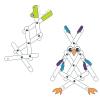
Linkages
Source Institutions
This design challenge is an open-ended exploration of linkages, a group of parts connected by hinges, and the types of motion they can create.
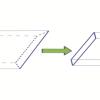
The Shape of Floatation
Source Institutions
In this activity (on page 2 of the PDF under GPS: Sailboat Design Activity), learners will discover how the shape of an object, not just its weight, determines whether it floats or sinks.
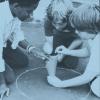
Isopods
Source Institutions
In this outdoor activity, learners dig for and collect isopods (sometimes known as "roly-poly bugs" or "potato bugs" and other names).
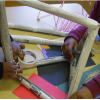
Cells and Walls
Source Institutions
Using toothpicks, straws, or tubes of rolled up newspaper, learners create 3-dimensional models to illustrate the basic structure and function of the cell membrane, and place an object inside to repre
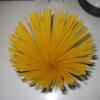
Spaghetti Bridge
Source Institutions
In this engineering activity, learners investigate the differences between the strength of bridges made from flat and round building materials.
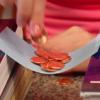
Strengthen a Paper Bridge
Source Institutions
In this quick activity (page 1 of the PDF under SciGirls Activity: Tug O' War), learners will test how many pennies a flat paper index card bridging the gap between two stacks of books is able to supp

As Straight as a Pole
Source Institutions
In this engineering activity (page 3 of PDF), young learners investigate how a pole can be made stable by “planting” its base in the ground or adding supports to the base.
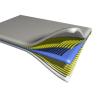
Stop the Stretching
Source Institutions
Learners work with plastic sheeting, masking tape, and string to design the perfect material for plastic chair webbing, and then construct their webbing.
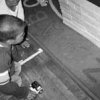
Designing a Wall
Source Institutions
In this engineering activity (page 5 of PDF), young learners investigate how materials and design contribute to the strength of a structure, particularly walls.

Foam Tower
Source Institutions
In this activity (page 1 of the PDF under SciGirls Activity: Water Slides), learners will whip up some suds with a cup of water and a tablespoon of dish soap until the bubbles are stiff enough to star

Balsa Towers
Source Institutions
Learners work in groups to design and build a tower out of balsa wood. As a motivator, they can compete to build a tower with the highest strength-to-weight ratio.
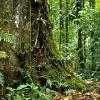
Build A Treetop Walkway
Source Institutions
Build and test a scale model of a rainforest canopy walkway.
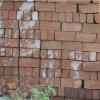
The Squeeze is On
Source Institutions
Each group of learners uses everyday materials, such as paper, toothpicks, and tape to design and construct a structure intended to support the weight of a cinder block for 30 seconds.

Marshmallow Models
Source Institutions
No glue is needed for learners of any age to become marshmallow architects or engineers.
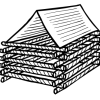
Three Little Pigs Construction Company
Source Institutions
In this activity about problem-solving, learners build a house for the Three Little Pigs using twenty straws and two index cards.
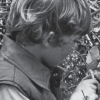
Snug as a Bug
Source Institutions
In this outdoor activity, learners make models of homes that might protect small animals from the elements, then search living plants for real structures made by small animals.
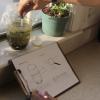
Single-Cell Life
Source Institutions
In this activity, learners create a soil and water model of a single-cell life environment and study living microorganisms.
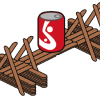
Sticky Structures
Source Institutions
In this engineering/design/arts and crafts activity, learners design and build "platforms" or "bridges" that can hold weight, and test which glue makes the strongest structure.
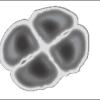
Observing Cells
Source Institutions
In this playful activity, learners explore the structure of the cell—the basic unit of every living organism—by creating a model of cell structures using soap bubbles, and by examining a slice of onio
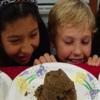
Sand Castle Saturation
Source Institutions
In this activity about saturation (page 1 of PDF under SciGirls Activity: Sand Dunes), learners will build a series of sand castle towers using a 16 oz cup.
